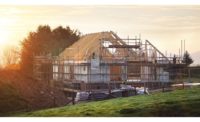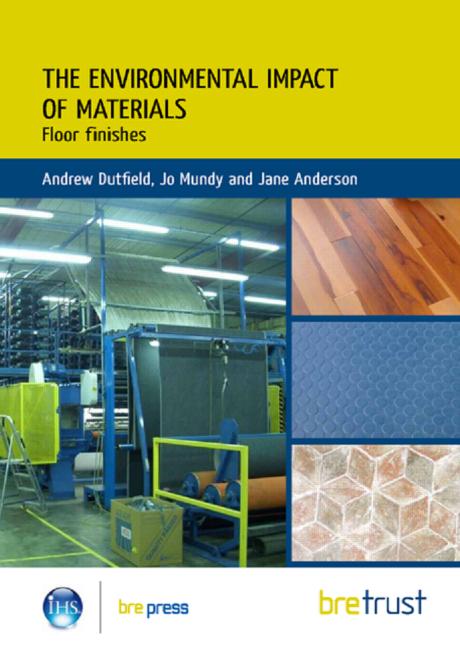Builder Sentiment Surges on Falling Interest Rates
.jpg?1729672015)
Mortgage rates well under 7% over the past month have led to a sharp increase in builder confidence to begin the new year.
Builder confidence in the market for newly built single-family homes climbed seven points to 44 in January, according to the National Association of Home Builders (NAHB)/Wells Fargo Housing Market Index (HMI). This second consecutive monthly increase in builder confidence closely tracks with a period of falling interest rates.
“Lower interest rates improved housing affordability conditions this past month, bringing some buyers back into the market after being sidelined in the fall by higher borrowing costs,” said NAHB Chairman Alicia Huey, a custom home builder and developer from Birmingham, Ala. “Single-family starts are expected to grow in 2024, adding much needed inventory to the market. However, builders will face growing challenges with building material cost and availability, as well as lot supply.”
“Mortgage rates have decreased by more than 110 basis points since late October per Freddie Mac, lifting the future sales expectation component in the HMI into positive territory for the first time since August,” said NAHB Chief Economist Robert Dietz. “As home building expands in 2024, the market will see growing supply-side challenges in the form of higher prices and/or shortages of lumber, lots and labor.”
Even as mortgage rates have fallen below 7% over the past month, many builders continue to reduce home prices to boost sales. In January, 31% of builders reported cutting home prices, down from 36% during the previous two months and the lowest rate since last August. The average price reduction in January remained at 6%, unchanged from the previous month. Meanwhile, 62% of builders provided sales incentives of all forms in January. This share has remained stable between 60% and 62% since October.
Derived from a monthly survey that NAHB has been conducting for more than 35 years, the NAHB/Wells Fargo HMI gauges builder perceptions of current single-family home sales and sales expectations for the next six months as “good,” “fair” or “poor.” The survey also asks builders to rate traffic of prospective buyers as “high to very high,” “average” or “low to very low.” Scores for each component are then used to calculate a seasonally adjusted index where any number over 50 indicates that more builders view conditions as good than poor.
All three of the major HMI indices posted gains in January. The HMI index charting current sales conditions increased seven points to 48, the component measuring sales expectations in the next six months jumped 12 points to 57 and the component gauging traffic of prospective buyers rose five points to 29.
Looking at the three-month moving averages for regional HMI scores, the Northeast increased four points to 55, the South increased two points to 41, the West registered a one-point gain to 32 and the Midwest held steady at 34.
Looking for a reprint of this article?
From high-res PDFs to custom plaques, order your copy today!




.jpg?height=200&t=1729672015&width=200)



